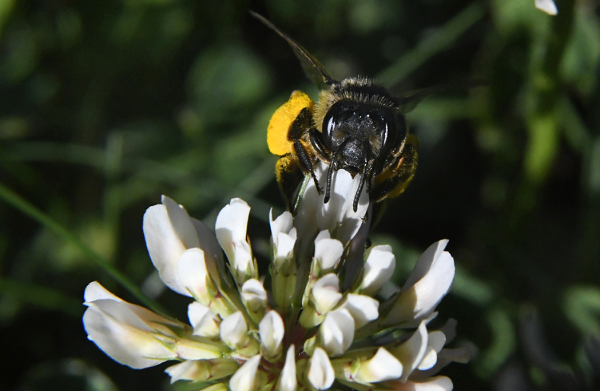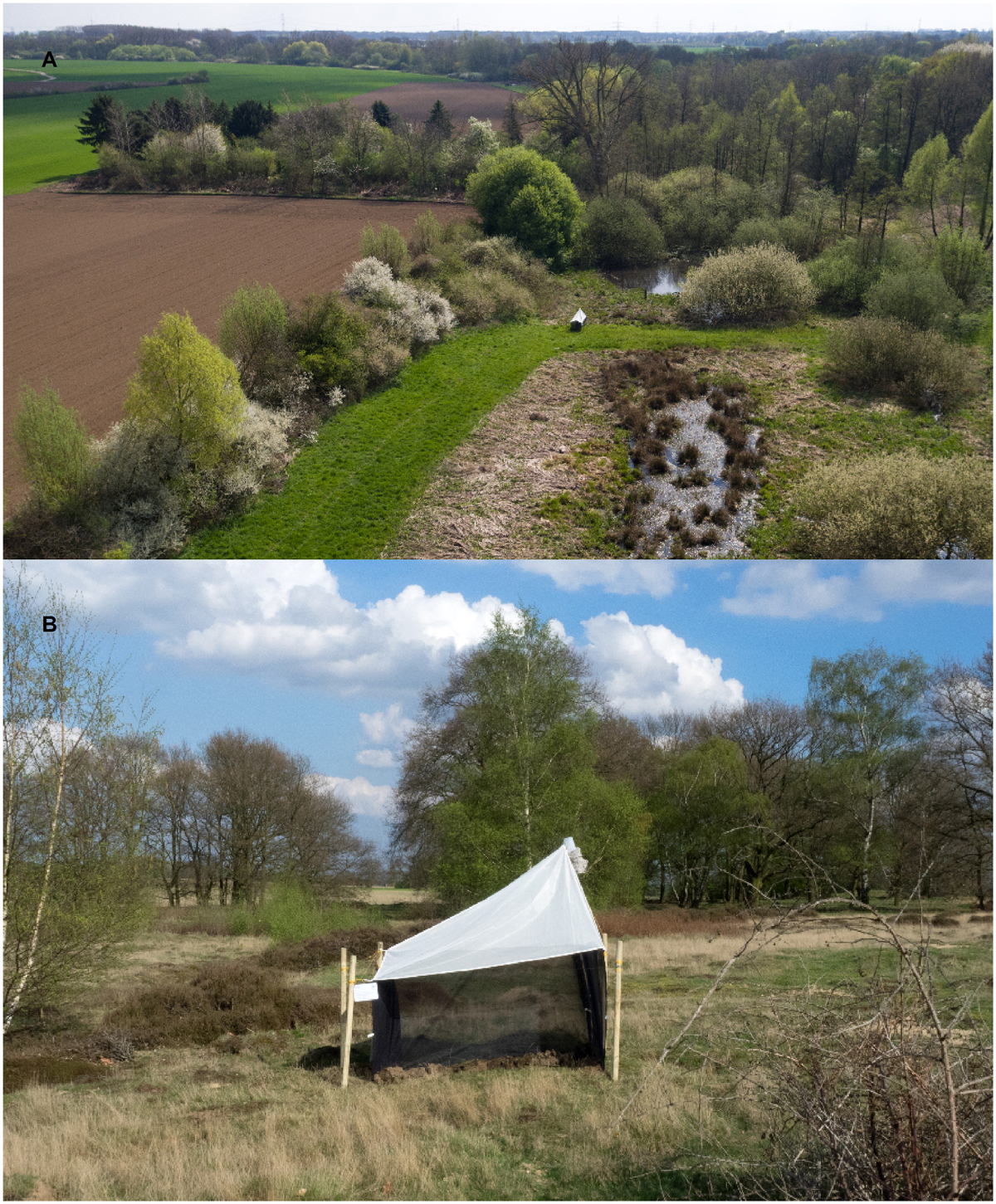
The total number of flying insects in protected areas in Germany has dropped by over 75 percent in the past 27 years. Scientists noted the major decline of bees, butterflies, moths and other winged creatures across 63 key areas and said it could not be explained by changes to habitat or weather, instead speculating that widespread pesticide use may be to blame.
Insects form the basis of many ecosystems, providing food for around 60 percent of bird species and playing a crucial role in pollinating wild plants. A decline in their numbers has the potential to cause huge disruption to the food chain—the valued of the "ecosystem services" provided by wild insects is estimated to be $57 billion annually in the U.S. alone.
Understanding insect numbers and the reasons behind changes to them is therefore vital to ensuring food security.
The latest research, published in PLOS ONE, looks at flying insect biomass in 63 protected areas across Germany. Scientists, led by Caspar Hallmann, from Radboud University, the Netherlands, used Malaise traps—tent-like structures—to assess their numbers each year. Researchers were aware numbers had been fallen, but they did not know to what extent.
Their findings showed that between 1989 and 2016, total flying insect biomass had fallen by 76 percent. At some points in mid-summer, the number fell by as much as 82 percent. "This decrease has long been suspected but has turned out to be more severe than previously thought," Hallmann said in a statement.
Analysis showed there was not one main contributing factor that could explain the decline seen across the study areas—including changes to land use, weather and habitat.
"The decline in insect biomass, being evident throughout the growing season, and irrespective of habitat type or landscape configuration, suggests large-scale factors must be involved," the team wrote. "While some temporal changes in climatic variables in our study area have taken place, these either were not of influence (e.g. wind speed), or changed in a manner that should have increased insect biomass (e.g. temperature)."
They said that they have no yet looked at the full range of climatic variables, such as prolonged droughts and lack of sunshine. They also suggested "agricultural intensification," including the use of pesticides, increased use of fertilizers and year-round tillage, could be a "plausible cause" for the decline.

Concluding, they add: "Whatever the causal factors responsible for the decline, they have a far more devastating effect on total insect biomass than has been appreciated previously."
One of the study authors, Dave Goulson, from the University of Sussex, U.K., said the rates of loss recorded are not sustainable. "Insects make up about two thirds of all life on Earth," he said. "We appear to be making vast tracts of land inhospitable to most forms of life, and are currently on course for ecological Armageddon. On current trajectory, our grandchildren will inherit a profoundly impoverished world."
Project leader Hans de Kroon, from the Radboud University in Nijmegen in The Netherlands, said the only thing we can do is exercise extreme caution by using fewer pesticides and maintaining wildflowers wherever possible.
"The fact that flying insects are decreasing at such a high rate in such a large area is an alarming discovery," he said. "As entire ecosystems are dependent on insects for food and as pollinators, it places the decline of insect eating birds and mammals in a new context. We can barely imagine what would happen if this downward trend continues unabated."
Uncommon Knowledge
Newsweek is committed to challenging conventional wisdom and finding connections in the search for common ground.
Newsweek is committed to challenging conventional wisdom and finding connections in the search for common ground.
About the writer
Hannah Osborne is Nesweek's Science Editor, based in London, UK. Hannah joined Newsweek in 2017 from IBTimes UK. She is ... Read more
To read how Newsweek uses AI as a newsroom tool, Click here.








